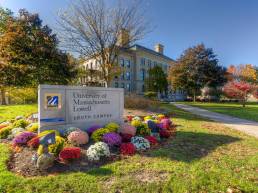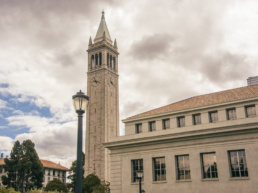“We can help these people who are on the streets.” It is this simple idea, to help those who do not have their most basic rights, suggested by the Dalai Lama, the spiritual leader of Tibet, during his visit to Portugal in 2001, that CASA – Centro de Apoio ao Sem Abrigo was born.
In Portugal, at least 7,100 people are homeless. These are numbers from 2019, and were already a benign outlook in a reality that is difficult to portray statistically.
The pandemic only aggravated this situation. Families with fewer resources were affected more harshly by the restrictions put in place to respond to the greatest public health challenge of modern times. With thousands of jobs destroyed and no margin of financial security to respond to an emergency, the effect was felt immediately.
Nuno Jardim, director of CASA – Centro de Apoio ao Sem Abrigo, says the situation is “frightening” and that can be seen in the institution’s actions. Concrete street support to the homeless population increased by 72%. Preventive support for families at risk increased by 45%. There are more people on the streets, younger people, from family environments and conditions that before the pandemic were stable.
“There are many new people coming for help, usually the people on the street are younger, foreigners, families who were in a stable situation but lost their jobs. Unstable employment in hotels, restaurants, taxis, uber…” – Nuno Jardim
What was already an urgent and much-needed response before the pandemic worsened substantially, but still no number to reflect this reality, the answer is made on the ground, by associations such as CASA. And it is for this tireless work and the especially high needs in this period that FLAD has decided to support this project.
Why the need for support 365 days a year?
When CASA emerged, it intended to respond to an immediate and urgent need for daily and regular support, 365 days a year. After almost fifteen years of activity, the association now has the support of 1,700 volunteers to give body to this mission, and has centers in Albufeira, Cascais, Coimbra, Faro, Figueira da Foz, Lisbon, Madeira, Paredes, Porto and Setúbal. It is from these centers that the answers that take place on the ground are built.
CASA has two levels of response to meet these needs. One of them reactive, in support of those who are already on the street, people with very complex social and health problems – physical and mental – or addictions. And a preventive level, to support families, to try to ensure basic needs such as food, clothing and hygiene products.
It is the solidarity of volunteers that allows the distribution of hot meals to the homeless population, and food baskets to families, as well as other essential goods.
In a second line, with the help of the technical teams that CASA has at their disposal, they assess the need for support in housing, medical support – whether physical or mental issues – always holding as the final goal, whenever possible, the social reintegration in the case of the homeless population.
How to help?
On CASA’s website – www.casa-apoioaosemabrigo.org – you will find all the information on how to help.
Volunteering: CASA’s great strength is its volunteer base. It is these volunteers, some of them who have been helping this association for several years, who work daily on the street, distributing clothes, cooking meals. There are many ways to help as a volunteer,
Donate food: food is undoubtedly the greatest need, along with clothing and hygiene goods, so necessary to support this most vulnerable part of the population.
Financial support: supporting a structure of this size, with support centers in so many cities in the country, always requires a considerable financial effort. Making a donation is very simple and can make all the difference.
Let’s help?
Related Posts
March 25, 2025
Note of Condolence – Charles Buchanan (1934-2025)
March 24, 2025
Applications Open: FLAD/Saab Visiting Professor at UMass Lowell 2026
Portuguese professors can apply to…
March 17, 2025
FCT and FLAD sign new protocols with the University of California
The objective is to promote academic…


